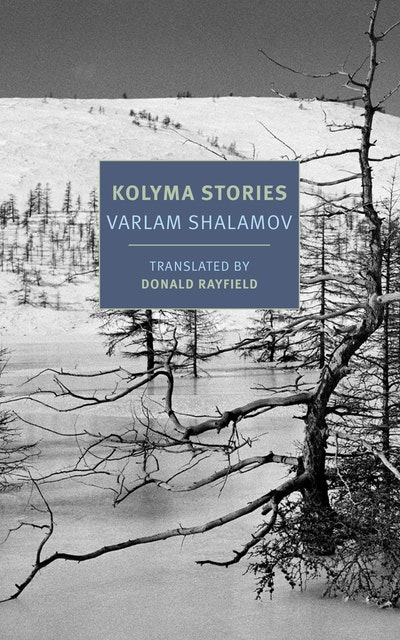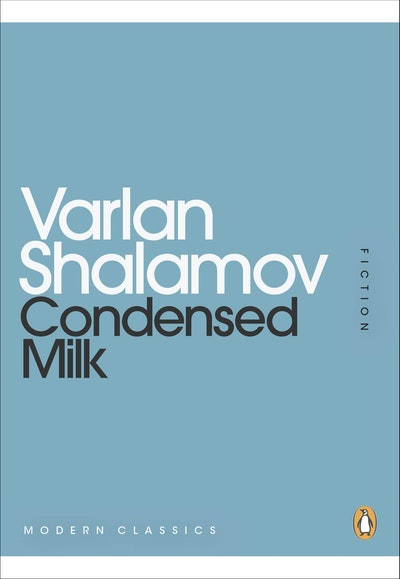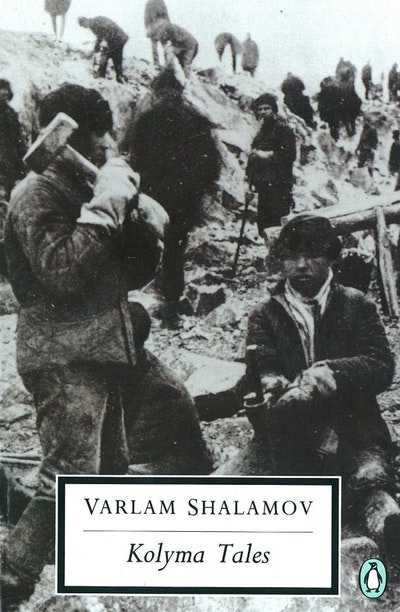- Published: 15 June 2018
- ISBN: 9781681372143
- Imprint: NY Review Books
- Format: Paperback
- Pages: 768
- RRP: $62.00
Kolyma Stories
- Published: 15 June 2018
- ISBN: 9781681372143
- Imprint: NY Review Books
- Format: Paperback
- Pages: 768
- RRP: $62.00
"Like the landscape gardeners of the late 18th century, Shalamov builds ruins. The sketches remain fragments because they are about fragments - of men, of society, of dreams." --Jay Martin, The New York Times Book Review
"There can be no doubt that Shalamov's reportage from the lower depths of the Gulag of a society building a 'new world' will remain forever among the masterpieces of documentary or memoir literature and an invaluable source for the present and future understanding of the 'Soviet human condition.'" --Laszlo Dienes, World Literature Today
"A numbness of sorts pervades the tales as a whole, as if the accumulation of horrors could not be related or understood except under very heavy sedation. In Andrei Sinyavsky's apt characterization of Varlam Shalamov: "He writes as if he were dead." --Maurice Friedberg, Commentary






